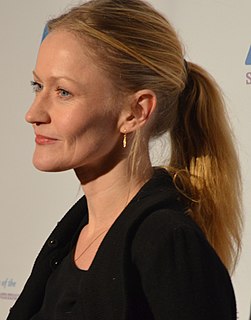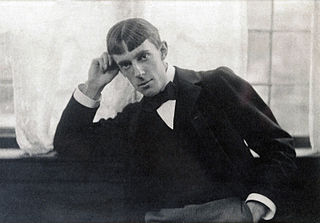A Quote by Paula Malcomson
Listen, I'm from Belfast. We're not polite people. And it's language. We're direct.
Related Quotes
There are four different kinds of power in a communication: position power (the CEO talking to her direct reports), emotion power (passion sometimes rules the day), expertise (people often listen to the most knowledgeable person in the room), and conversational power (the subtlest, this is the ability to direct the conversation through body language).
Singing in second language makes you brave in a way you're not aware of. You say things in very blunt ways or direct ways. It sets your mind free because you don't have a history with the language. You have to use the most direct way of communication, which is saying what you want to say in the way you can.
I watched the gorilla's eyes again, wise and knowing eyes, and wondered about this business of trying to teach apes language. Our language. Why? There are many members of our own species who live in and with the forest and know it and understand it. We don't listen to them. What is there to suggest we would listen to anything an ape could tell us? Or that it would be able to tell us of its life in a language that hasn't been born of that life? I thought, maybe it is not that they have yet to gain a language, it is that we have lost one.
I was leaving the Belfast court, where I had been called to answer a very flimsy charge, later dismissed. You're relatively safe in such areas in the Irish community, but to go to downtown Belfast for me is dangerous. My appearance in court had been well advertised by the police. I think it was too much of a coincidence that the people who shot me were just passing by.




































